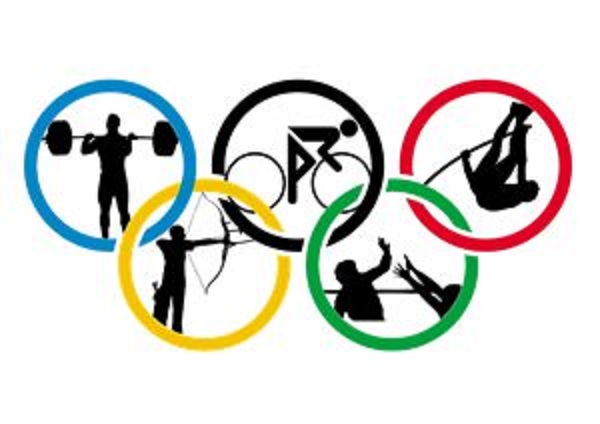
Sports have long been a powerful tool for fostering economic ties between countries, serving as a platform for international collaboration, investment, and tourism. Through various sports-related activities and events, nations can strengthen their economic relationships and promote mutual prosperity.
One of the most significant ways sports strengthen economic ties is through hosting international sporting events. Mega-events like the Olympics, the FIFA World Cup, and other major tournaments attract massive global audiences and participants from numerous countries. Hosting such events requires substantial investment in infrastructure, including stadiums, hotels, transportation networks, and other amenities. These investments often involve international companies and contractors, fostering cross-border economic cooperation. Additionally, these events create opportunities for local businesses to partner with foreign firms, leading to long-term economic relationships that extend beyond the duration of the event.
International sports events also boost tourism, which is a major driver of economic growth. Fans, athletes, and officials traveling to host countries contribute to the local economy by spending on accommodation, food, entertainment, and other services. This influx of visitors stimulates the hospitality and service industries, creating jobs and generating revenue. The increased visibility of the host country on the global stage can lead to sustained tourism interest, attracting visitors long after the event has concluded and promoting ongoing economic ties.
Sports also facilitate trade and investment between countries. The global sports industry itself is a significant economic sector, encompassing media rights, sponsorship deals, merchandising, and more. When countries collaborate on sports ventures, such as co-hosting events or participating in joint leagues, it often leads to increased trade and investment in related industries. For instance, sportswear and equipment manufacturers may expand their operations into new markets, while broadcasters secure international rights to air popular sporting events, boosting media revenues and fostering cross-border business partnerships.
Moreover, sports can be a platform for cultural exchange, which indirectly strengthens economic ties. When countries engage in sports diplomacy, it enhances mutual understanding and goodwill. Friendly relations cultivated through sports can pave the way for smoother economic negotiations and collaborations. Governments and businesses can leverage these positive relationships to explore trade agreements, joint ventures, and other economic initiatives, benefiting from the goodwill and camaraderie established through sports.
Furthermore, sports partnerships can lead to knowledge transfer and technological exchange. Countries with advanced sports technologies and training methods can collaborate with those looking to develop their sports infrastructure and expertise. Such exchanges can include sharing best practices in sports management, sports medicine, and athlete development. These collaborations can foster innovation and improve the quality of sports and related industries in both countries, leading to economic benefits and strengthening economic ties.
In conclusion, sports play a crucial role in strengthening economic ties between countries by hosting international events, boosting tourism, facilitating trade and investment, promoting cultural exchange, and encouraging knowledge transfer. Through these various avenues, sports help create a network of economic relationships that contribute to mutual prosperity and global economic integration. As nations continue to recognize the value of sports in fostering economic ties, the potential for further collaboration and growth in this arena remains significant.